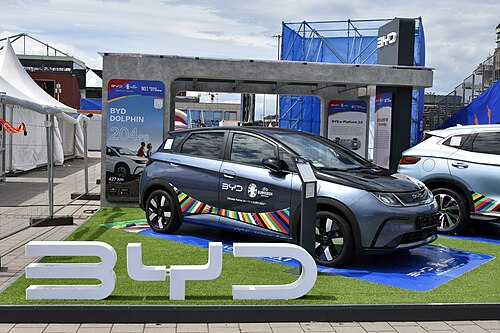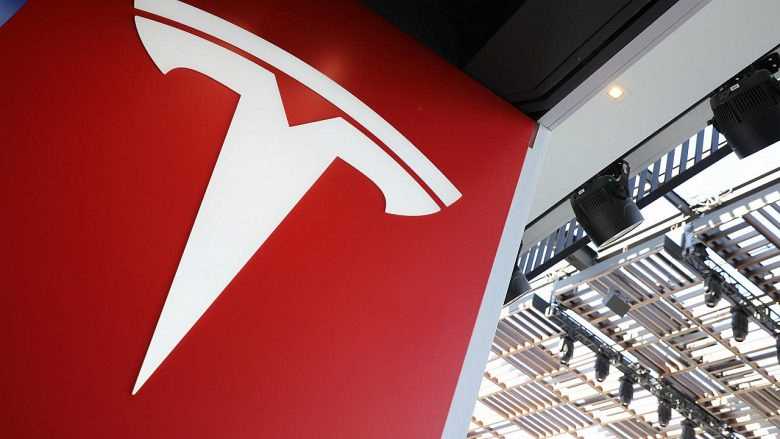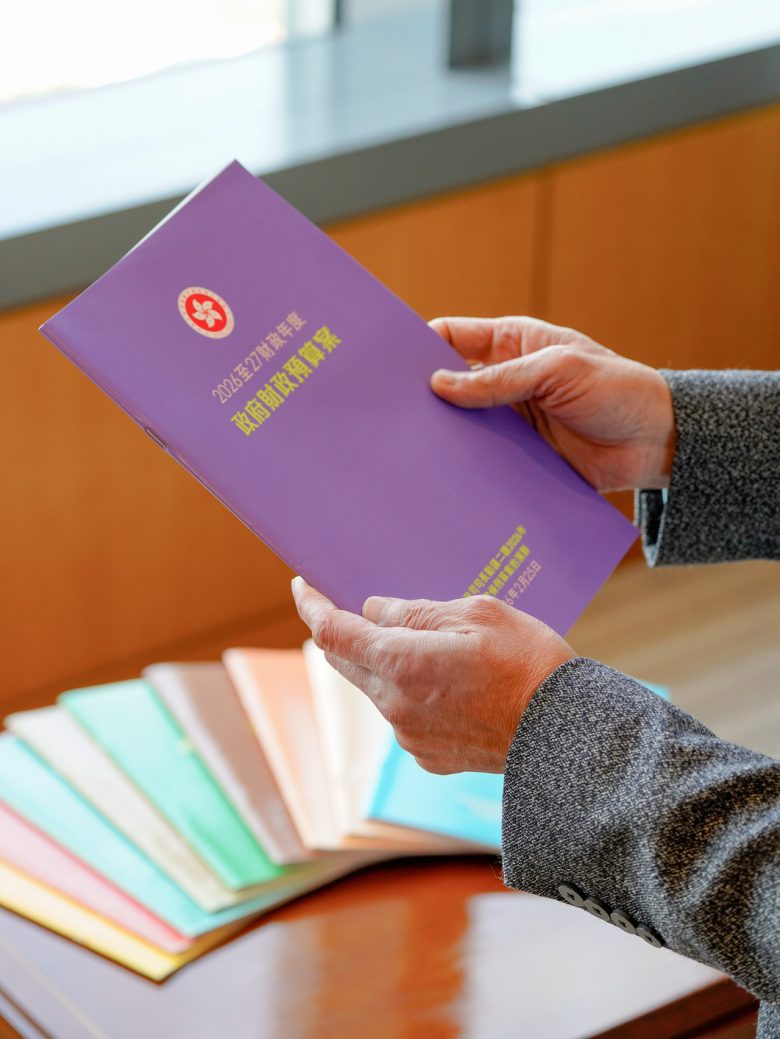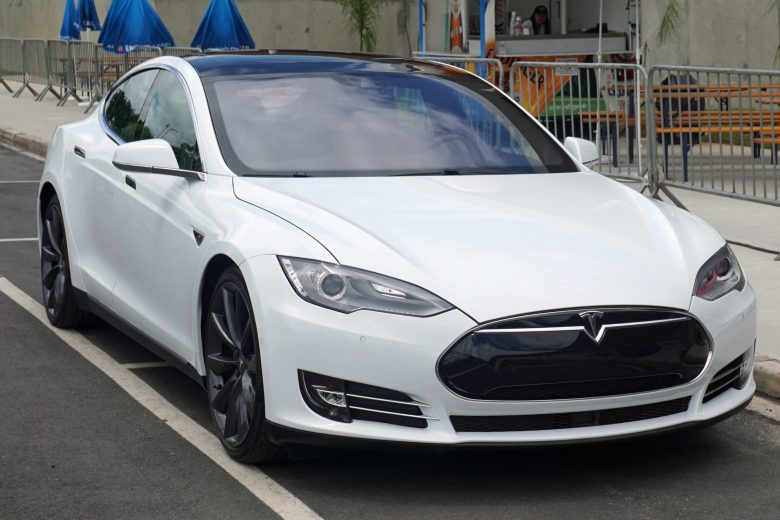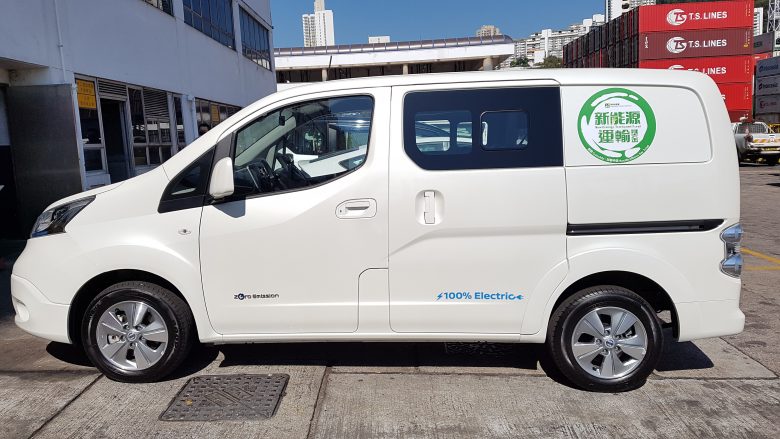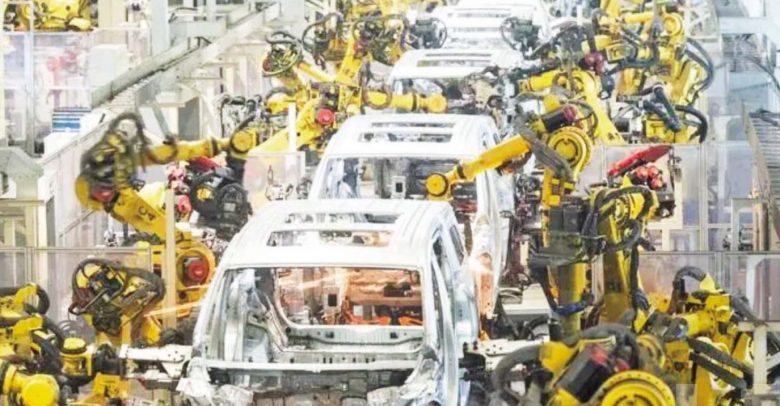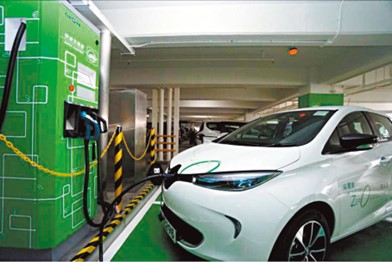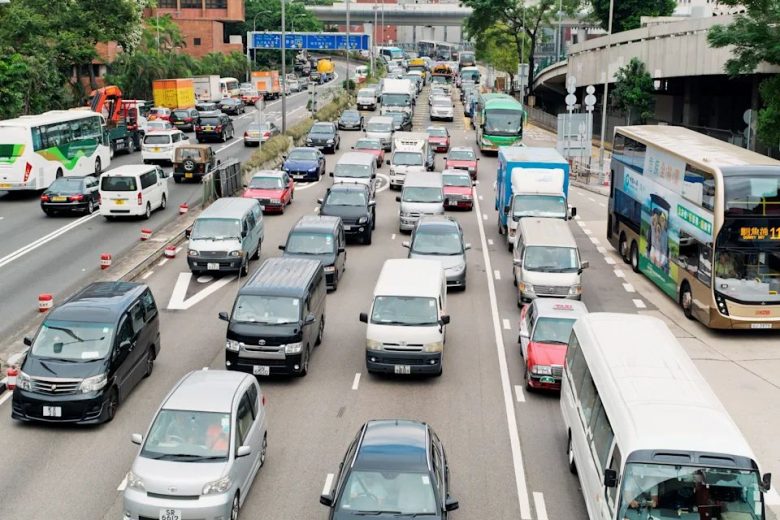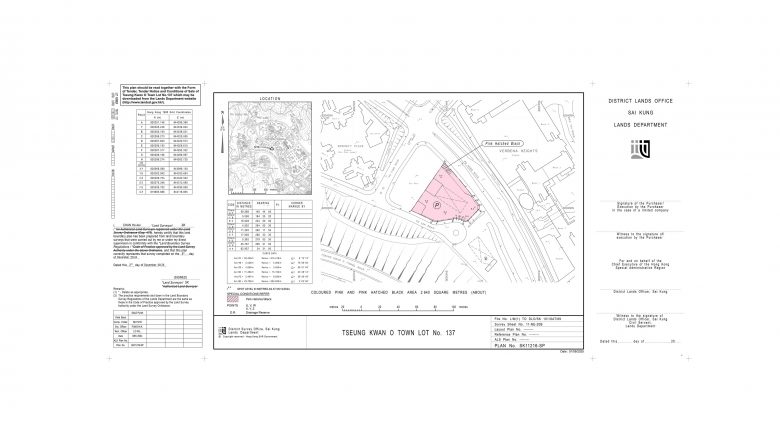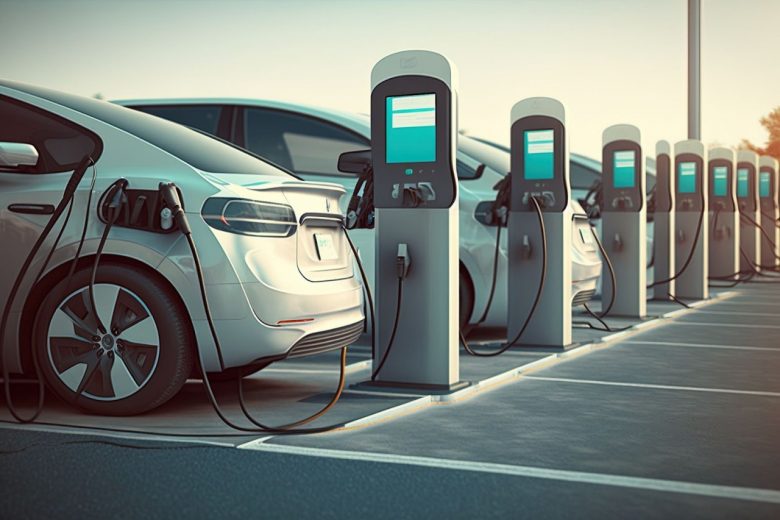EV replacement program to be completed by the end of March; BYD launches special hotline for “express” purchase of in-stock vehicles starting today
Financial Secretary Paul Chan announced the Budget 2026 on 25th February, which includes a tax reduction for first-time registration of electric vehicles, including the “one-for-one” program. This program will expire at the end of March this year and will not be continued. Large numbers of citizens flocked to various electric vehicle brand showrooms that evening to “catch the last train.”
BYD announced on 27th February that it recorded over 800 electric vehicle orders on the 25th February alone. To ensure that every prospective owner can “catch the last train,” it has reserved sufficient stock for the Hong Kong market. From now until March 31st, a special “Green Mobility Purchase Hotline” has been set up, providing “express pre-sales service,” including one-on-one consultation, rapid matching of available stock, and expedited contract follow-up. Original URL: Electric Vehicle One-for-One Program Ends at the End of March; BYD Sets Up Special Hotline for “Express” Purchase of Available Stock
For additioanal information, please visit: HK01
